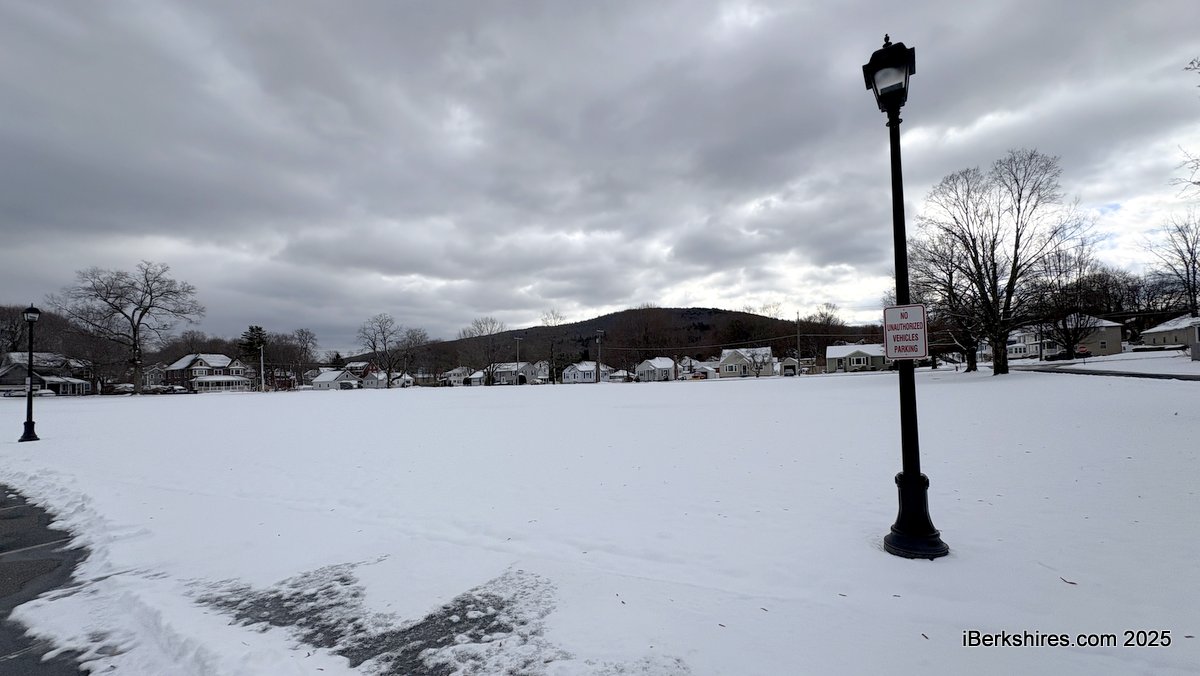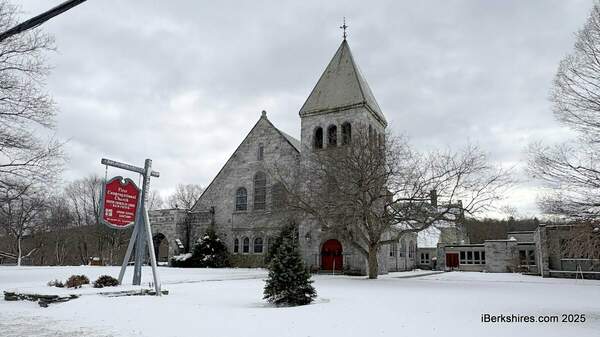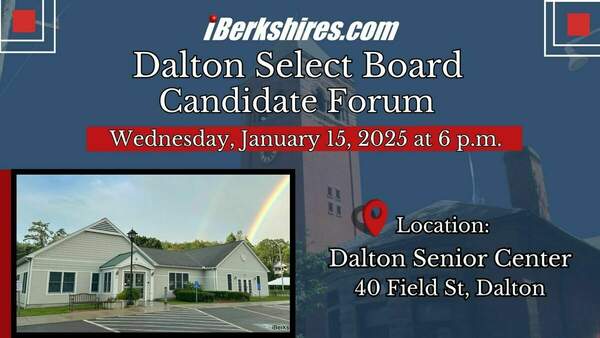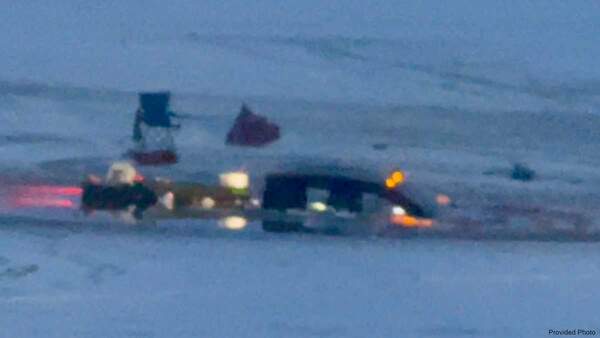Governor Launches Commission on Clean Energy Infrastructure Siting and Permitting
BOSTON — Energy and Environmental Affairs Secretary Rebecca L. Tepper today announced the establishment of the Commission on Clean Energy Infrastructure Siting and Permitting (CEISP) and the Interagency Offshore Wind Council (IOWC).
To meet the emissions limits outlined in the Clean Energy and Climate Plans (CECP), Massachusetts will need to site a significant amount of new energy infrastructure, including new solar and wind generation, storage, transmission, and distribution infrastructure throughout the Commonwealth. The CEISP and IOWC will bring together stakeholders to swiftly remove barriers to responsible clean energy infrastructure development.
"Massachusetts is already a global leader in clean energy, but we won't rest on our laurels," said Governor Maura Healey. "The clean energy transition has already led to the creation of thousands of good-paying jobs and innovative new companies to lead this effort. With the creation of the Commission on Clean Energy Infrastructure Siting and Permitting and the Interagency Offshore Wind Council, our administration is taking decisive action to accelerate our transition as quickly, sustainably, and equitably as possible."
Commission on Clean Energy Infrastructure Siting and Permitting (CEISP)
The CEISP will be tasked with reducing permitting timelines, providing communities' input in the siting and permitting of clean energy infrastructure, and ensuring that the benefits of the clean energy transition are shared equitably. Secretary Tepper will order every relevant agency housed within the Executive Office of Energy and Environmental Affairs to evaluate existing permitting processes impacting energy infrastructure and identify potential areas of improvement. The Commission will also be instructed to make recommendations on administrative, regulatory, and legislative changes to existing permitting and siting procedures before the end of the year.
The Commission will include representation from the following:
-
State Agencies
-
Environmental and Land Use Advocates
-
Municipalities
-
Utilities
-
Agricultural Interests
-
Environmental Justice Communities
-
Clean Energy Developers
-
Housing and Real Estate Developers
-
Other Stakeholders
Interagency Offshore Wind Council
Advancing the responsible development of offshore wind is a top priority of the Healey-Driscoll Administration. Years of substantial effort and ongoing coordination and cooperation have resulted in significant progress in Massachusetts, which is recognized as a leader for offshore wind in the United States. Continuing to advance and grow our state's offshore wind industry will require greater interagency collaboration. Formalizing and elevating these efforts through a new Interagency Offshore Wind Council will advance communication, alignment, collaboration, and joint execution.
The Council will meet regularly and will be responsible for developing and maintaining an Offshore Wind Strategic Plan with stakeholder and community input. The strategic plan will lay out frameworks and progress made to date, identify key drivers and policy goals, and prioritize specific findings and actions necessary for the Commonwealth to meet its goals and objectives. The plan will aim to:
-
Develop a target for offshore wind development that supports the Commonwealth's electric sector emission reduction targets;
-
Identify and implement strategies to support the development of the Commonwealth's offshore wind goals;
-
Strengthen the offshore wind supply chain in Massachusetts and the region;
-
Develop a port infrastructure and economic development strategy;
-
Promote offshore wind workforce development;
-
Ensure the inclusion of communities, including energy justice communities and the fishing industry, in strategic development;
-
Identify opportunities for diversity, equity, inclusion, and accessibility as the offshore wind industry grows; and
-
Develop strategies to avoid, minimize, or mitigate land and ocean environmental impacts.
The Council will include representatives from:
-
Department of Energy Resources
-
Massachusetts Clean Energy Center
-
Office of Coastal Zone Management
-
Division of Marine Fisheries
-
Department of Environmental Protection
-
Department of Public Utilities
-
Executive Office of Economic Development
-
Executive Office of Labor & Workforce Development
-
Executive Office of Education
















